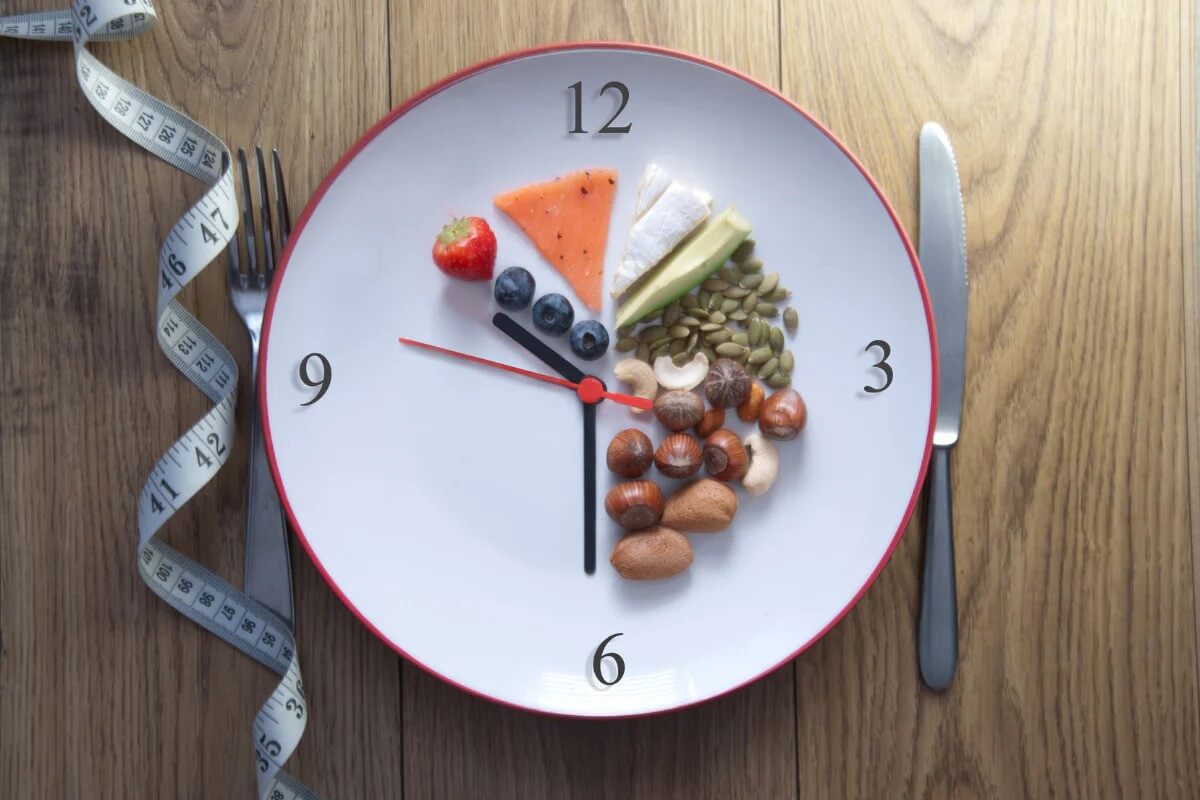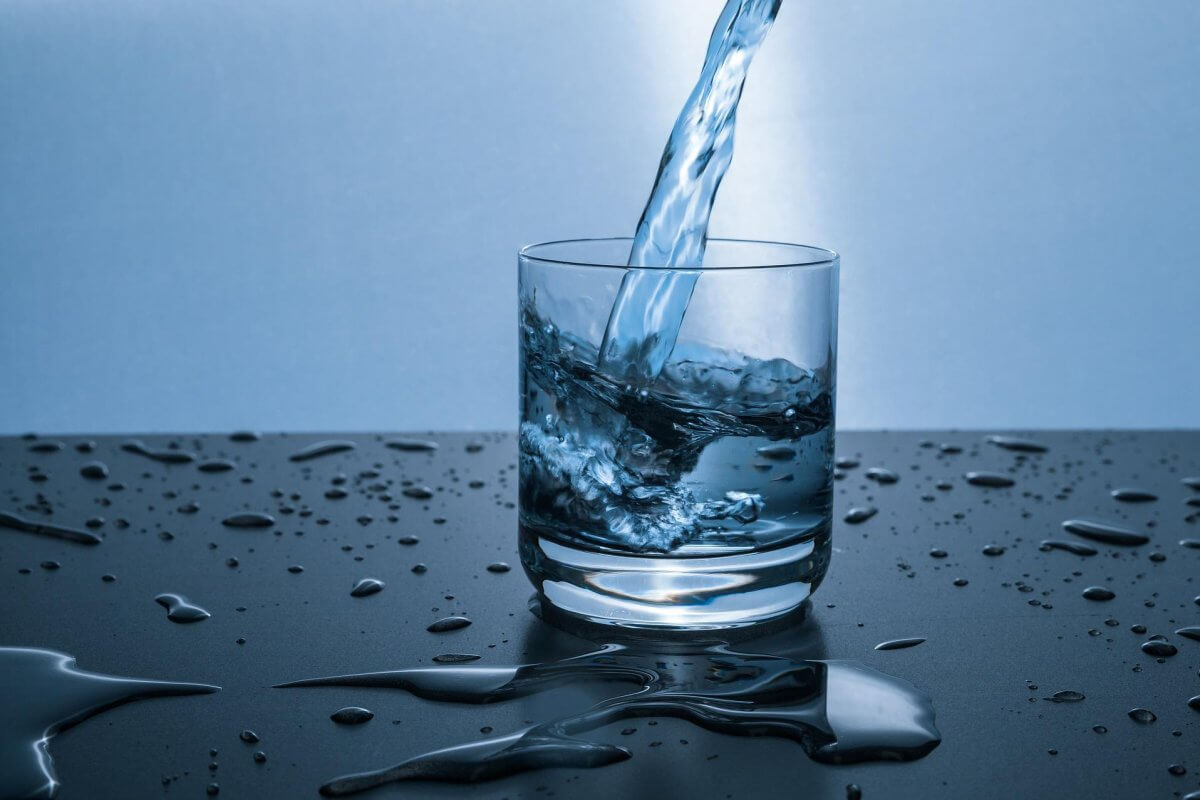After a hard workout, you sip on a Gatorade or another brand of sports drink because you’ve heard these beverages can help you restore electrolytes. When you’re on an intermittent fast and such drinks are off-limits, you may wonder how fasting might impact your count. Will you lose electrolytes on a fast, and how can you restore them?
Electrolytes will naturally deplete even on a normal diet, but especially during intermittent and longer-term fasting. If you exercise often while fasting, the rate of electrolyte depletion will increase as you sweat more. Bone broth is a fasting-approved beverage to consume that contains electrolytes, as is water and coconut water.
In this informative guide, we’ll discuss electrolytes in more detail, as well as whether you need them when intermittent fasting. We’ll also talk about whether ingesting electrolytes will break a fast and what you can and can’t drink while fasting to restore your electrolyte count.
Let’s begin.
What Are the Electrolytes?
Your body contains many minerals, and electrolytes are among them. These electrically-charged minerals are contained in bodily fluids, tissue, urine, and blood. The minerals include magnesium, sodium, calcium, chloride, phosphate, and potassium.
These minerals serve many important functions, such as building fresh tissue, clotting the blood, allowing your muscles to contract (which keeps your heart beating), and maintaining blood plasma and fluid levels. Electrolytes also send signals from the nerves to your muscles and even your heart.
The electrolytes currently within your system will not stay there forever. As you consume water and certain foods, your electrolyte count can go up over time. Then, as you sweat, you lose minerals. Electrolyte depletion can also happen if you have conditions affecting the kidney or liver, you’re experiencing diarrhea and/or vomiting, or you take certain medications.
It’s okay to lose electrolytes, but when you do, you must restore them. Otherwise, you could develop an electrolyte imbalance. This can lead to symptoms like confusion, irregular heartbeat, cramps, and dizziness. The most severe electrolyte imbalances can cause cardiac arrest, seizures, and coma. In such a state, your life would be at risk.
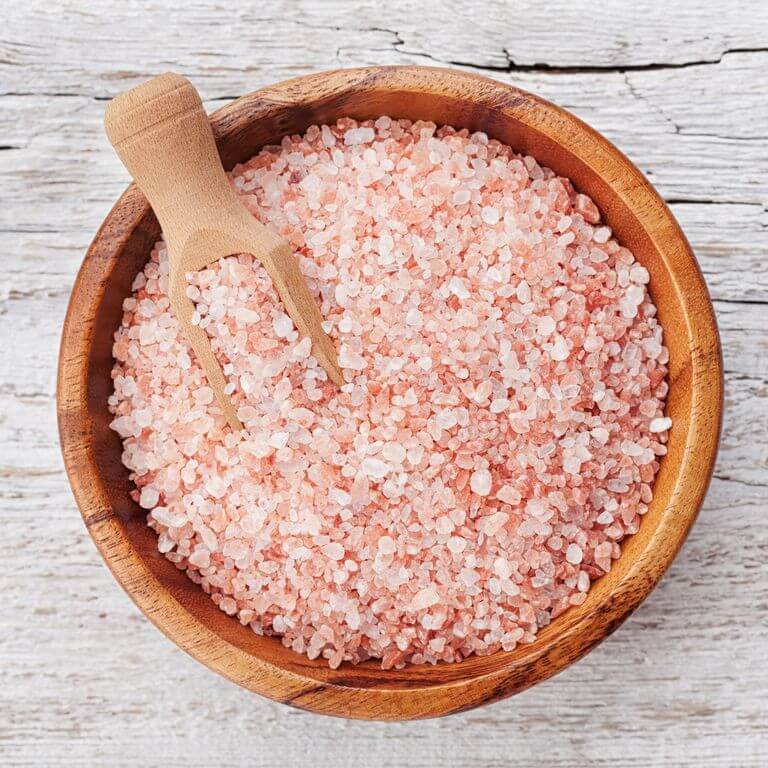
Do You Need Electrolytes When Intermittent Fasting?
Certain foods such as avocados, watermelon, bananas, and dairy sources like yogurt and milk are known to restore electrolytes when consumed. The same is true of the abovementioned sports drinks from the intro. Yet on fasts, be that a shorter-term intermittent fast or a longer one, you’re prohibited from consuming these foods and beverages. Can this influence your electrolyte counts?
You can expect your electrolytes to decrease on fasts more quickly than during non-fasting windows. Why does this happen? Like when your body has too little of anything (such as glucose on a fast), it must adapt. Thus, your body changes how it processes electrolytes, pushing minerals out through the kidneys. The same can happen if you’re on a keto diet.
If you exercise while fasting to maintain muscle mass or to augment fat and calorie burning, then as you sweat, you’re erasing even more minerals from your system.
Do you even need electrolytes when on fasts? Absolutely. As we just discussed, electrolyte imbalances can cause some pretty uncomfortable symptoms. In the worst cases, the imbalance can even be life-threatening.
You might experience some of the symptoms associated with electrolyte imbalances when on fasts, especially dizziness and confusion, mostly from the lack of calories. When you add an electrolyte imbalance on top of that, you could be in for a rough, dangerous fast.
One of the most important electrolyte minerals you may lose through intermittent fasting is sodium. Your body does not produce sodium, so it can only get this mineral through the foods you eat and the drinks you consume.
Although sodium can be associated with health risks such as stroke, heart disease, and high blood pressure, that’s only if you consume high levels of sodium. All sodium shouldn’t be villainized. After all, your body requires sodium to send nutrients, control your blood pressure, and to contract your muscles.
Fasting resource Zero Fasting advises for the consumption of between 2 and 3 grams of sodium each day, and boosting that to 3 and 4 grams if you plan to exercise. This will restore the lost quantities of sodium that your kidneys are forcing out during fasting or the keto diet.
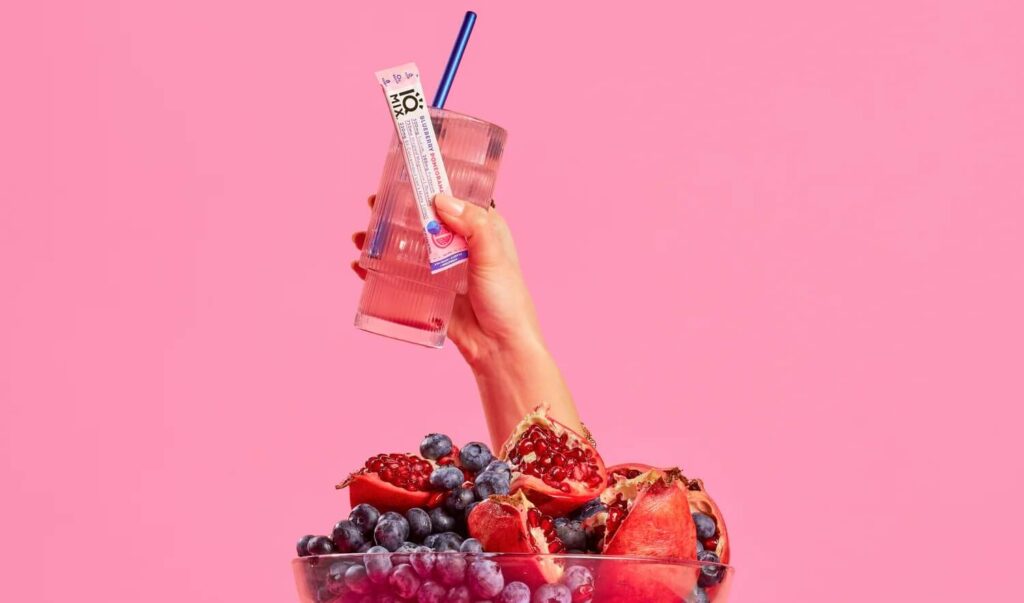
Do Electrolytes Break a Fast?
If you’ve read this blog, then you’ve probably seen that we’ve discussed many times about what does and doesn’t break a fast. The answer also tends to vary depending on who you’re talking to. Some fasting experts believe that consuming any calories at all when intermittent fasting will break their fast while others have more leeway and allow for minimal calorie consumption, like 50 calories or fewer each day.
What we can say for sure is that consuming carbs and sugar will certainly break your fast. When fasting is broken, you’re activating an insulin response. As this happens, glucagon and insulin are released into your bloodstream. Your body will then begin burning these sugar sources for energy.
The whole point of fasting is to get your body to burn fat instead, which you can only do when you a.) stop providing your body with glucose through food and beverages and b.) burn through your existing glucose supply. An insulin response is the last thing you want on when fasting then, because it can rewind the progress you’ve made. Your body will be back to burning sugar instead of fat for energy.
That has you wondering then, will you break your fast if you consume it?
No, because these minerals don’t contain calories.
That said, if you drink a bottle of Gatorade to restore it, you will disrupt your fasting. An 8-ounce bottle of Gatorade only has 50 calories, which isn’t bad, but it contains 14 whopping grams of sugar and 14 grams of carbs.
Okay, so what if you chose to replenish your lost electrolytes through a natural food source as we talked about in the last section? Well, a single medium banana that’s about 8 inches long has 105 calories, 14 grams of sugar, and 27 grams of carbs. Yes, a banana contains even more carbs than a bottle of Gatorade.
Avocados are more calorie-dense than bananas, with a cup or 146 grams of avocado containing 234 calories, 12 grams of carbs, and a single gram of sugar. Even though watermelon is light calorically (280 grams of watermelon has 85 calories), this summery fruit also has 17 grams of sugar and 21 grams of carbs. Dairy is a no-no when fasting too, as it’s often carb-heavy and sugary.
To reiterate then, while electrolytes themselves cannot break a fast, the foods and beverages that renew it absolutely can. Make careful choices while fasting!
What to Drink for Electrolytes While Intermittent Fasting?
That has you wondering what’s safe to eat and drink since you need more electrolytes when you’re fasting.
Just because you can’t reach for those sugary sports drinks doesn’t mean you have to be at risk of salt depletion, even when fasting. The following beverages are safe to consume without the risk of breaking your fast and losing all that fat-burning progress you’ve made.
Water
Even if you’re not on a water fast, where the primary beverage you consume is water, you should still replenish and hydrate yourself with water. Since water has no calories, no sugar, and no carbs, it’s an ideal beverage to consume when fasting. The electrolytes for water also make this a smart beverage choice .
If you use a tap water filter and it’s safe to do so, then you might want to turn the filter off for the duration of your fast. Potable tap water contains a decent portion of minerals. In a 34-ounce serving of tap water, you get up to 3 percent of magnesium, calcium, and sodium. That said, the potassium is lacking.
Without enough potassium, you may experience the abovementioned symptoms of an imbalance. That’s why some fasting experts decide to add tablets or a dash of salt to the water they consume. What is an electrolyte tablet? It’s a small, dissolvable tablet that adds it to your water without all the sugar, carbs, and calories that come with sports drinks.
You can also buy salt water, which does all the hard work for you. There’s no need to wait for a tablet to dissolve, because this water contains electrolytes so you’re not in short supply of magnesium, calcium, potassium, or sodium. Magnesium (Mg) is essential in the formation of bones and teeth and in converting blood sugar into energy.
If you’re shopping for electrolyte water, look for labels like alkaline water and mineral water, as these are other names for salt water.
Pedialyte
If you get tired of water, you can always try Pedialyte at least once a day. These drinks are intended for kids, but adults can drink it too. Pedialyte is made for restoring fluid loss. It comes unflavored or in tastes such as bubblegum, grape, strawberry, and mixed fruit.
The reason why we say you should consume Pedialyte sparingly is that a single serving comes with 6 grams of carbs and 6 grams of sugar. At only 25 calories, a once-a-day serving shouldn’t disrupt fasting, but maybe save the Pedialyte for when you’re done exercising and really need an electrolyte pick-me-up.
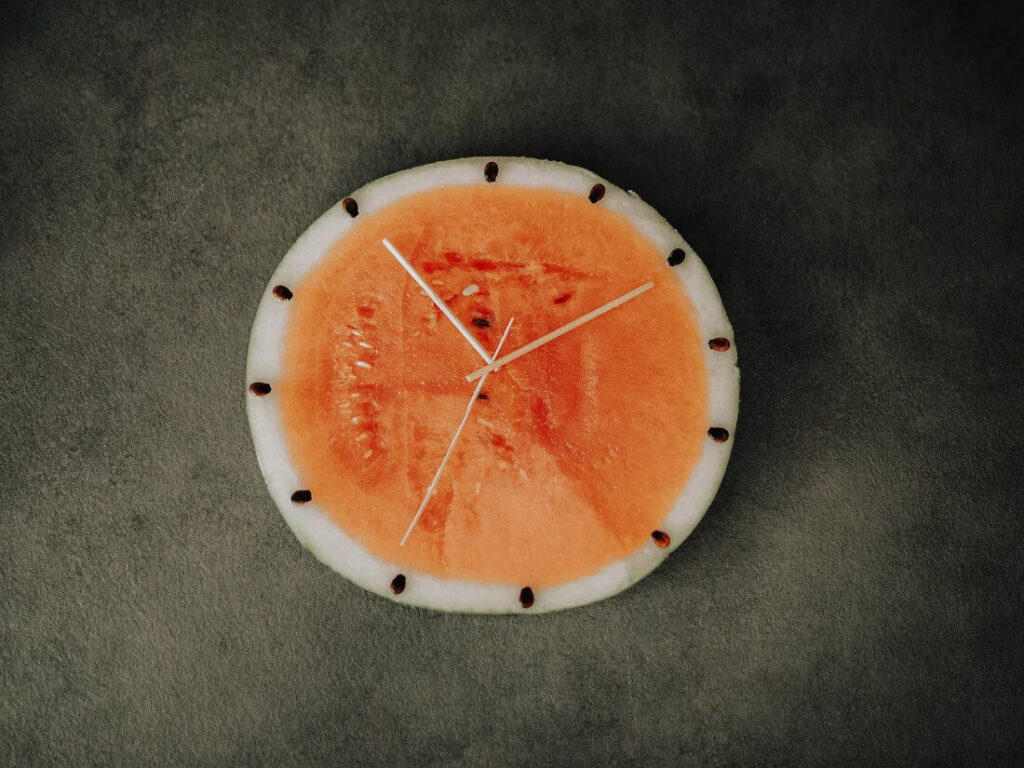
Coconut Water
Another beverage you can consume more regularly than Pedialyte is coconut water. This is a great way to liven up your beverage selection when on an especially long fast. Coconut water or coconut juices comes from the inside of coconuts. A single tablespoon of the stuff has 3 calories, 0.4 grams of sugar, and 0.6 grams of carbs.
That makes coconut water safe to sip on practically all day, but do make sure you’re counting calories each time you reach for this tropical-tasting, flavorful beverage.
Compared to Gatorade and other sports drinks, you get 10x the potassium in coconut water. The potassium content coconut water boasts is on par with a single banana as well. Further, coconut water contains amino acids like serine, cysteine, arginine, and alanine, with the quantities of arginine especially high.
Serine allows neurons or brain cell membranes to synthesize. Our bodies make more taurine (an amino acid) and glutathione (an antioxidant) through cysteine.
Arginine is an important one, especially in fasting, as it manages when substances get released, including insulin and growth hormone. Further, arginine could treat coronary artery disease, high blood pressure, chest pain, and even congestive heart failure. Alanine is an amino acid that produces proteins and absorbs vitamin B6 and tryptophan.
Bone Broth
Your last option to keep up your electrolyte levels is to drink bone broth. A cup of the stuff has between 35 and 50 calories depending on the type of broth, and you’re also ingesting 30 to 50 grams of protein, which is significant.
Bone broth will more than renew your salt levels, as a cup may also contain 343 milligrams of sodium, 252 milligrams of potassium, 10 milligrams of magnesium, and 7 milligrams of calcium.
Once or twice a day then, and especially after exercise, top up on some bone broth to keep your minerals from dropping too low. Bone broth is also immensely beneficial to your health. It could enhance your weight loss efforts, help you sleep more easily, lessen gut inflammation, combat osteoarthritis, and safeguard the joints.
If you do want to drink bone broth while fasting and losing weight, we recommend making your own versus buying it at the store. The store-bought stuff tends to contain preservatives you don’t want to consume on a fast.
Conclusion
Electrolytes contain important minerals that keep our bodies functioning healthfully. When our levels drop too low, we may experience adverse health effects such as increased heart rate, dizziness, and in some cases, even coma and cardiac arrest.
Although it don’t contain calories, many foods and beverages with salts in them do. While fasting, you should try to consume tap water, salt water, bone broth, coconut water, or Pedialyte to maintain your levels and promote weight loss.
Remember to up your intake of electrolytes after exercise too. Best of luck with your fast!
Other artiles:
History of Fasting: All You Need To Know
Sleep Study Melbourne: What to Expect & How to Prepare

